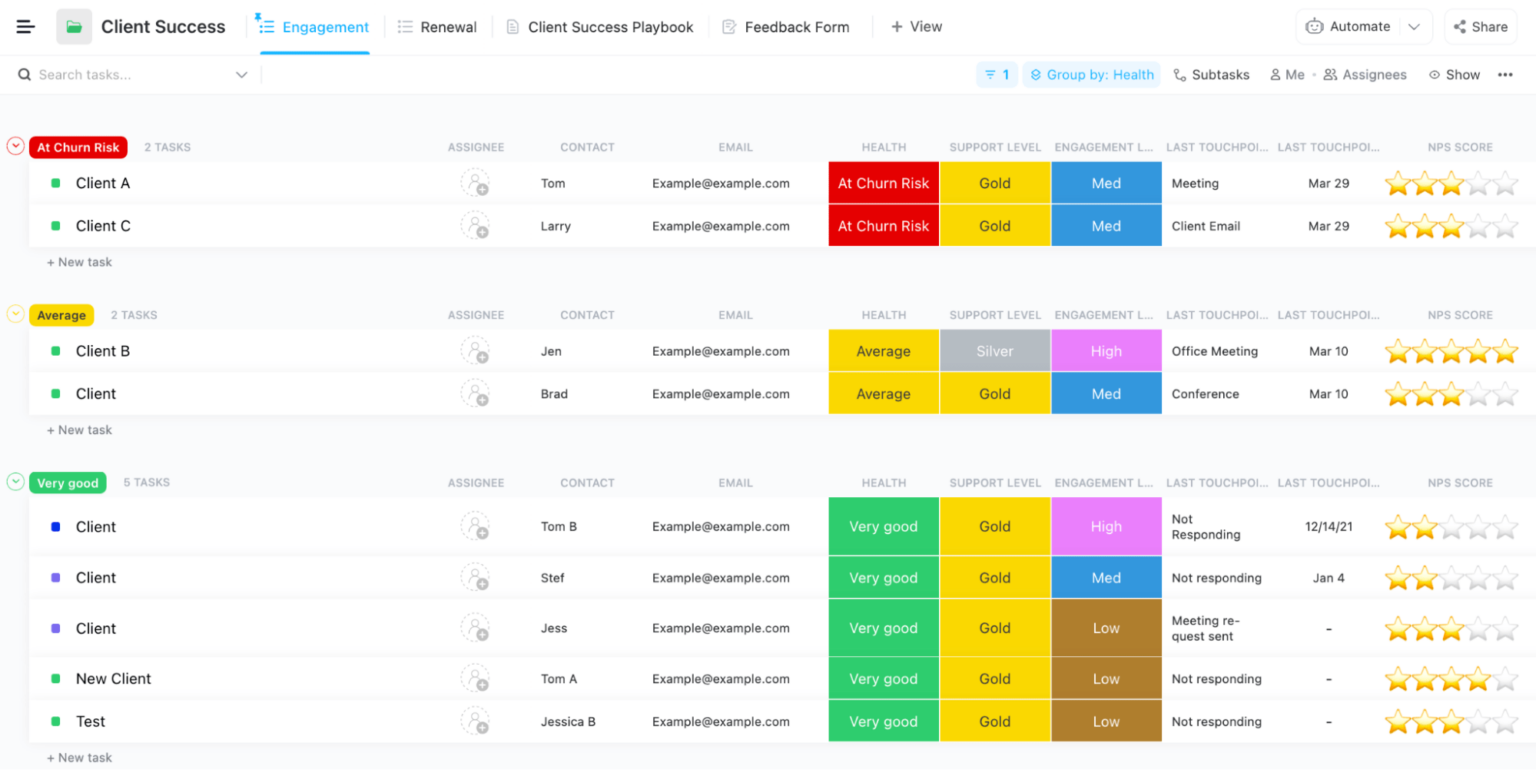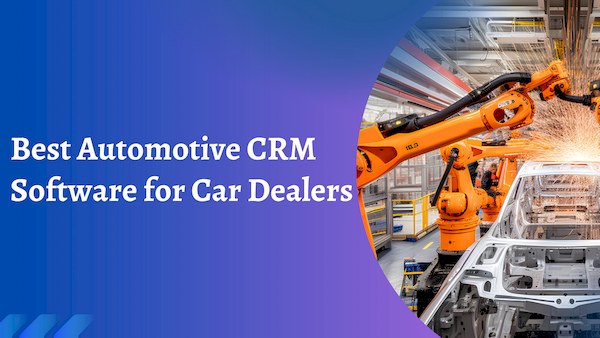In today’s fast-paced business world, managing customer relationships is crucial for success. Customer Relationship Management (CRM) software has been the go-to solution for businesses to manage interactions with their customers, track sales, and analyze data. However, traditional CRM software may not be the best fit for every business, especially small to medium-sized enterprises or those with unique requirements. In this article, we’ll explore the limitations of traditional CRM software and introduce alternatives that can help businesses streamline their customer management processes.

Limitations of Traditional CRM Software
Traditional CRM software often comes with a hefty price tag, complexity, and a one-size-fits-all approach. Some of the common limitations of traditional CRM software include:
- Cost: Traditional CRM software can be expensive, especially for small to medium-sized businesses. The cost of implementation, maintenance, and user licenses can add up quickly.
- Complexity: Traditional CRM software often requires significant IT resources to set up and maintain. The complexity of the system can also lead to a steep learning curve for users.
- Rigidity: Traditional CRM software is often inflexible and may not be able to accommodate the unique needs of a business.
- Data Overload: Traditional CRM software can lead to data overload, making it difficult for businesses to extract meaningful insights from the data.
Alternatives to Traditional CRM Software
Fortunately, there are alternatives to traditional CRM software that can help businesses manage their customer relationships more efficiently. Some of these alternatives include:
- Cloud-Based CRM: Cloud-based CRM solutions are more cost-effective and scalable than traditional CRM software. They offer a pay-as-you-go model, which means businesses only pay for the features they need.
- Open-Source CRM: Open-source CRM solutions are free to use and customize. They offer a high degree of flexibility and can be tailored to meet the specific needs of a business.
- Mobile CRM: Mobile CRM solutions are designed for businesses that need to manage customer relationships on-the-go. They offer a range of features, including contact management, sales tracking, and customer service.
- Specialized CRM: Specialized CRM solutions are designed for specific industries or business types. For example, there are CRM solutions designed specifically for real estate agents, insurance brokers, or non-profit organizations.
- Low-Code CRM: Low-code CRM solutions offer a high degree of customization without requiring extensive coding knowledge. They are ideal for businesses that want to create a tailored CRM solution without breaking the bank.
Key Features of Alternative CRM Solutions
When evaluating alternative CRM solutions, there are several key features to consider. These include:
- Contact Management: The ability to manage contacts, including contact information, interaction history, and communication preferences.
- Sales Tracking: The ability to track sales, including leads, opportunities, and pipeline management.
- Customer Service: The ability to manage customer service requests, including ticketing, issue tracking, and resolution management.
- Data Analysis: The ability to analyze data, including sales data, customer data, and interaction data.
- Integration: The ability to integrate with other business systems, including email, calendar, and social media.
Benefits of Alternative CRM Solutions
Alternative CRM solutions offer a range of benefits, including:
- Cost Savings: Alternative CRM solutions are often more cost-effective than traditional CRM software.
- Increased Flexibility: Alternative CRM solutions offer a high degree of customization and flexibility.
- Improved User Adoption: Alternative CRM solutions are often more user-friendly, leading to higher adoption rates.
- Enhanced Customer Experience: Alternative CRM solutions enable businesses to deliver a more personalized and responsive customer experience.
- Scalability: Alternative CRM solutions are often more scalable than traditional CRM software, making them ideal for growing businesses.
Case Studies
Several businesses have successfully implemented alternative CRM solutions. For example:
- HubSpot: HubSpot is a cloud-based CRM solution that offers a range of features, including contact management, sales tracking, and customer service. HubSpot has been adopted by over 70,000 businesses worldwide.
- Zoho CRM: Zoho CRM is a cloud-based CRM solution that offers a range of features, including contact management, sales tracking, and customer service. Zoho CRM has been adopted by over 25 million users worldwide.
- Pipedrive: Pipedrive is a cloud-based CRM solution that offers a range of features, including sales tracking, pipeline management, and customer service. Pipedrive has been adopted by over 90,000 businesses worldwide.
Frequently Asked Questions (FAQ)
- Q: What is the difference between traditional CRM software and alternative CRM solutions?
A: Traditional CRM software is often more expensive, complex, and rigid than alternative CRM solutions. Alternative CRM solutions are often more cost-effective, flexible, and scalable. - Q: What are the benefits of using alternative CRM solutions?
A: The benefits of using alternative CRM solutions include cost savings, increased flexibility, improved user adoption, enhanced customer experience, and scalability. - Q: What features should I look for in an alternative CRM solution?
A: When evaluating alternative CRM solutions, look for features such as contact management, sales tracking, customer service, data analysis, and integration. - Q: How do I choose the right alternative CRM solution for my business?
A: To choose the right alternative CRM solution, consider your business requirements, industry, and budget. Evaluate different solutions and read reviews to find the best fit for your business. - Q: Can I customize alternative CRM solutions to meet my business needs?
A: Yes, many alternative CRM solutions offer a high degree of customization. Look for solutions that offer low-code or no-code customization options to create a tailored CRM solution.
Conclusion
In conclusion, alternative CRM solutions offer a range of benefits, including cost savings, increased flexibility, improved user adoption, enhanced customer experience, and scalability. When evaluating alternative CRM solutions, consider features such as contact management, sales tracking, customer service, data analysis, and integration. By choosing the right alternative CRM solution, businesses can streamline their customer management processes, improve customer satisfaction, and drive revenue growth. Whether you’re a small to medium-sized business or a large enterprise, there’s an alternative CRM solution that can meet your unique needs. Take the time to evaluate different solutions, read reviews, and choose the best fit for your business. With the right alternative CRM solution, you can take your customer relationships to the next level and drive long-term success.
Closure
Thus, we hope this article has provided valuable insights into Alternatives to Traditional CRM Software: A Comprehensive Guide. We appreciate your attention to our article. See you in our next article!

